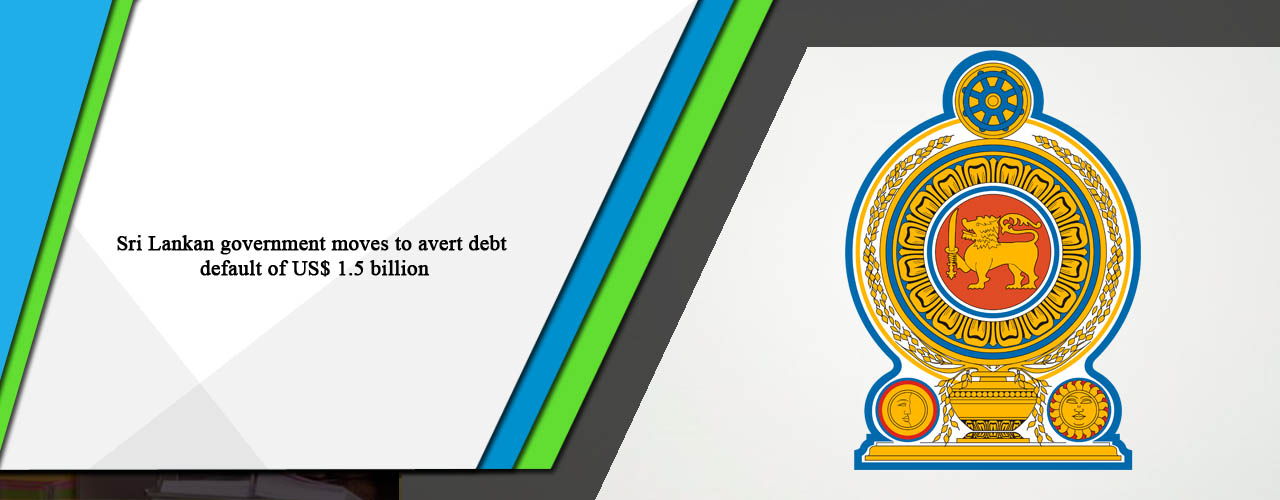Sri Lankan government moves to avert debt default of US$ 1.5 billion
The government of Sri Lanka last Friday secured parliamentary approval through a vote on account to avert a debt default of US$ 1.5 billion. The country was threatened by a debt default after the annual budget was blocked due to a seven-week political crisis.
The legislature on the last day of sittings for 2018 voted 102 to six to approve an interim budget to pay for urgent government expenditure in the first four months of 2019.
Finance Minister Mangala Samaraweera informed parliament that he was finalising an appropriation bill for next year when President Maithripala Sirisena sacked the government on October 26, creating a constitutional crisis.
“We don’t have time to present a new budget, but we need to meet our (debt and salary) obligations,” Samaraweera told parliament while presenting the vote on account.
Legislators approved four months of government spending pending a full-fledged budget around February.
During the power struggle following Sirisena’s move to remove Ranil Wickremsinghe as Prime Minister and appoint Mahinda Rajapaksa instead, three international credit rating agencies downgraded Sri Lanka making foreign borrowings more expensive.
The situation was compounded with fears that Sri Lanka could default on US$ 1.5 billion sovereign bonds maturing on January 10, 2019.
Sirisena finally gave in and reinstated Wickremesinghe as prime minister on Sunday (23).
UN Secretary General Antonio Guterres and members of the international community welcomed the end to the power struggle.
OSL take:
The move by the Sri Lankan government to avert the crisis of a debt default in 2019 is a positive sign for the country’s economic growth. Meeting the debt obligations would place Sri Lanka in a position of accessing funds from foreign lending agencies to further the country’s development agenda. Hence, foreign businesses could explore investment opportunities in Sri Lanka’s development programme.
| Article Code : | VBS/AT/20181226/Z_3 |

